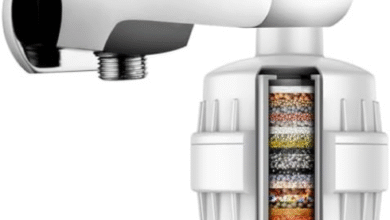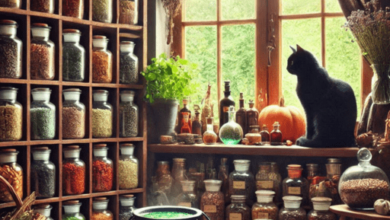My Book HSRP

In the realm of literature and learning, books have an unparalleled ability to transport readers into different worlds, broaden their horizons, and enhance their understanding of various subjects. Among the myriad of books available, my book hsrp stands out for its unique perspective and valuable insights. In this article, we will delve into what makes this book essential for readers, explore its themes, and discuss its impact on personal development.
What is HSRP?
Before diving into My Book HSRP, it’s crucial to understand what HSRP stands for. HSRP, or High Security Registration Plates, refers to the standardized license plates introduced by the government of India to enhance vehicle security and curb the rising incidents of vehicle theft. These plates carry unique features, such as holograms and barcodes, that help in identifying vehicles more effectively.
The book addresses the implications of HSRP in the context of vehicle ownership and registration. It not only educates readers about the necessity of these plates but also highlights the various advantages they bring to the table.
Overview of “My Book HSRP”
My Book HSRP is not just a book about registration plates; it is a comprehensive guide that covers the legal, social, and economic aspects of vehicle registration. Written with clarity and depth, this book serves as an essential resource for individuals looking to understand the intricacies of HSRP, vehicle security, and the laws governing them.
Author Background
The author of My Book HSRP is a well-respected figure in the field of automobile regulations and safety. With years of experience in legal affairs and a passion for educating the public, the author brings a wealth of knowledge and practical advice to the table. Their expertise lends credibility to the content, making it a reliable resource for readers.
Key Themes of “My Book HSRP”
1. Vehicle Security
One of the most prominent themes in My Book HSRP is vehicle security. The book discusses how HSRP plays a crucial role in enhancing the safety of vehicles on the road. By making it difficult for thieves to alter or replicate license plates, HSRP significantly reduces the chances of vehicle theft.
The author emphasizes the importance of understanding these security features, educating readers about how they function, and the role they play in protecting their assets.
2. Legal Compliance
Another vital aspect covered in the book is the legal compliance required for vehicle registration. With the introduction of HSRP, vehicle owners must adhere to specific regulations to ensure their vehicles are registered correctly. My Book HSRP provides a detailed overview of these legal requirements, including the documentation needed and the procedures to follow.
By outlining the legal framework surrounding HSRP, the book empowers readers to navigate the often-complex world of vehicle registration with ease and confidence.
3. Economic Impact
My Book HSRP also delves into the economic implications of HSRP. It discusses how the implementation of high-security registration plates can impact vehicle resale value and insurance premiums. The book provides insights into how consumers can benefit economically from adhering to these regulations and maintaining the integrity of their vehicle registration.
Why You Should Read “My Book HSRP”
1. Comprehensive Knowledge
Whether you are a vehicle owner, a potential buyer, or someone interested in automobile regulations, My Book HSRP offers comprehensive knowledge that is easily digestible. The author breaks down complex information into simple, understandable concepts, making it accessible to all readers.
2. Practical Guidance
In addition to providing theoretical knowledge, the book also offers practical guidance on implementing HSRP in daily life. It includes step-by-step instructions for obtaining high-security registration plates, tips for maintaining vehicle security, and advice on navigating the legal landscape.
3. Informed Decision Making
Reading My Book HSRP equips individuals with the information they need to make informed decisions about vehicle ownership. Understanding the importance of HSRP can help vehicle owners protect their investments, comply with legal requirements, and ultimately enhance their driving experience.
How to Purchase “My Book HSRP”
For those interested in obtaining a copy of My Book HSRP, the book is widely available online and at major bookstores. Readers can choose from various formats, including hardcover, paperback, and e-book versions. Purchasing the book online is convenient and often includes additional resources, such as author interviews and related materials.
Conclusion
In a world where knowledge is power, My Book HSRP stands out as a vital resource for anyone looking to enhance their understanding of vehicle registration and security. With its comprehensive approach, practical guidance, and emphasis on legal compliance, the book serves as an invaluable guide for vehicle owners.
Whether you are looking to protect your investment, ensure compliance with legal regulations, or simply broaden your knowledge, my book hsrp is a must-read. Its insights into the importance of high-security registration plates and their impact on vehicle ownership provide readers with the tools they need to navigate the complexities of the automotive world confidently.
By investing time in understanding the principles laid out in this book, readers can take proactive steps to secure their vehicles and make informed choices in their automotive endeavors. So, grab your copy of My Book HSRP today and embark on a journey towards enhanced vehicle security and informed decision-making.




